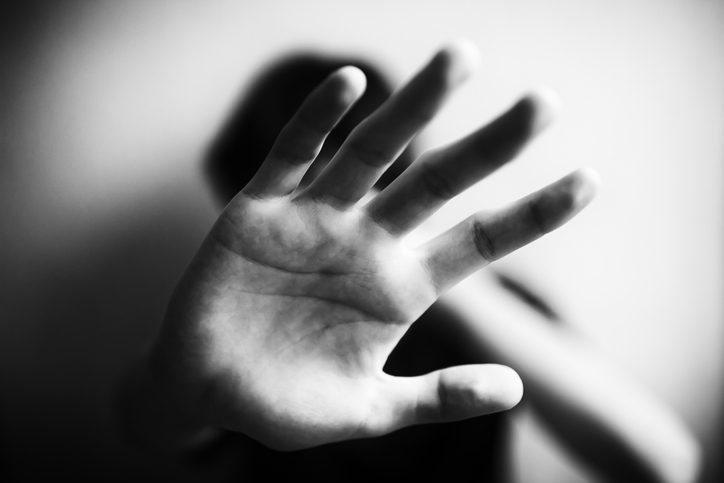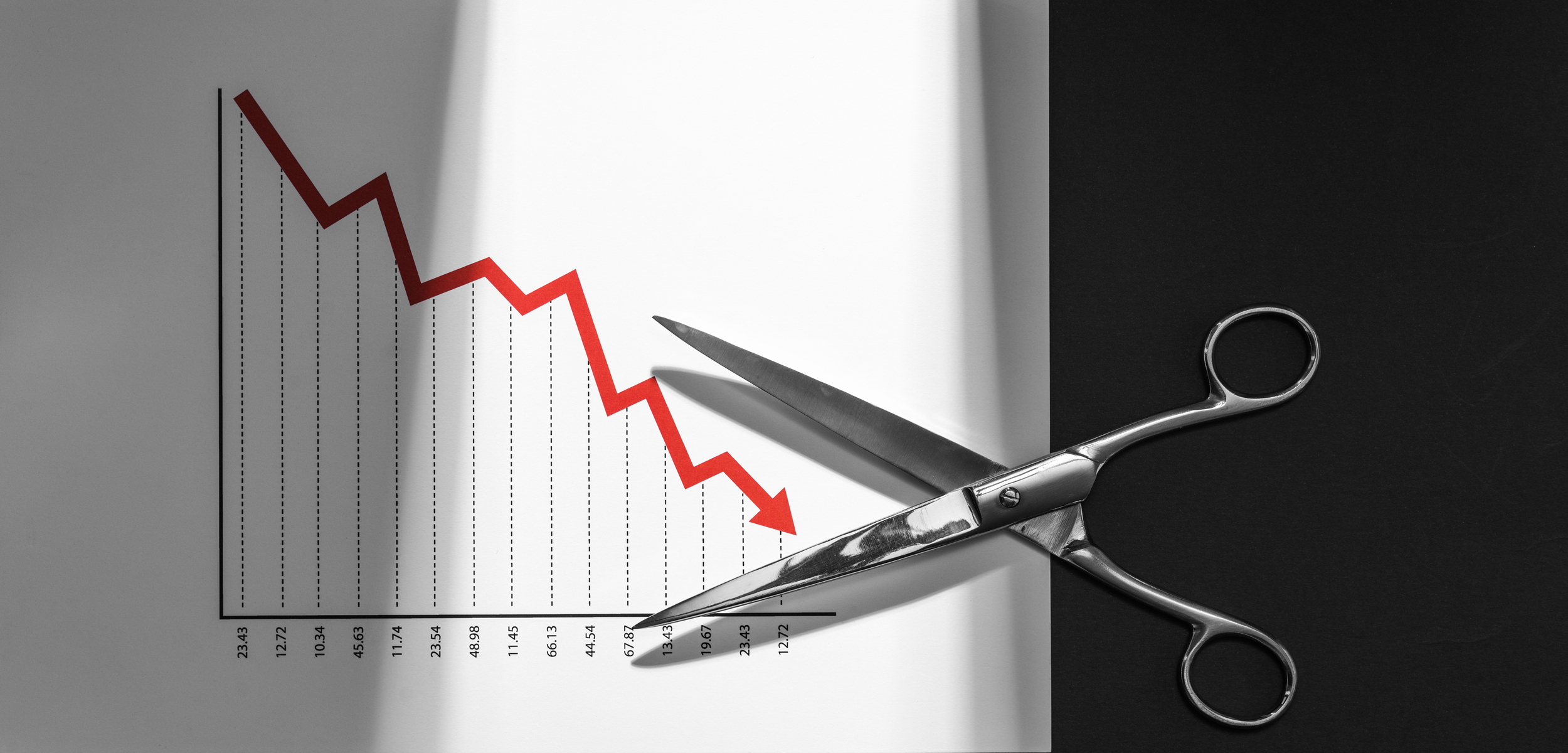KUOW news reporters Ann Dornfeld and Isolde Raftery have exposed how Seattle school Superintendent Denise Juneau, following the practice of past superintendents, has covered up for abusive teachers in public school classrooms.
The cases involve poor-performing teachers who have physically assaulted and sexually harassed children. Superintendent Juneau did not act until public radio made the story public.
The public exposure means these abusive teachers are no longer in the classroom, but the local union is still trying to keep them on the public payroll.
The school district’s failure to protect children is rooted in the dense thicket of rules woven into state law and in union contracts that protect bad teachers from accountability. In the private sector an abusive and law-breaking employee would be dismissed immediately, and managers would likely call the police.
In public schools, however, powerful unions have lobbied successfully for special rules for public school employees. These tailor-made regulatory obstacles make it easy for school administrators to cover up for bad teachers, rather than dealing with the problem.
Other teachers have been found to abuse children, to show up to school drunk or simply mark time while their students languish in class. Union executives and public school administrators make sure such teachers stay in the classroom.
Parents see what is going on but they feel powerless. Parents with time and resources work the system, trying to get their children transferred to better-run classrooms, or they simply wait out the year and hope for a better teacher in the next grade level. Increasingly parents are pulling their kids out of public school, which explains Seattle’s declining enrollment, even as the city’s population is booming.
Schools are supposed to be safe spaces for children, but many families are finding that is not the case. The structural problems in traditional public schools explains the popular push for wider school choice.
Private schools and public charter schools don’t have these problems; lazy and abusive teachers are weeded out quickly, or are never hired in the first place. The key is these schools don’t have powerful unions that work against the interests and safety of children.
The data indicates the public system will continue to lose students, unless school officials begin to listen more to parents than to entrenched unions and other political interests.
In the meantime, families that feel their children’s needs and security are being ignored will continue to look for alternatives.




